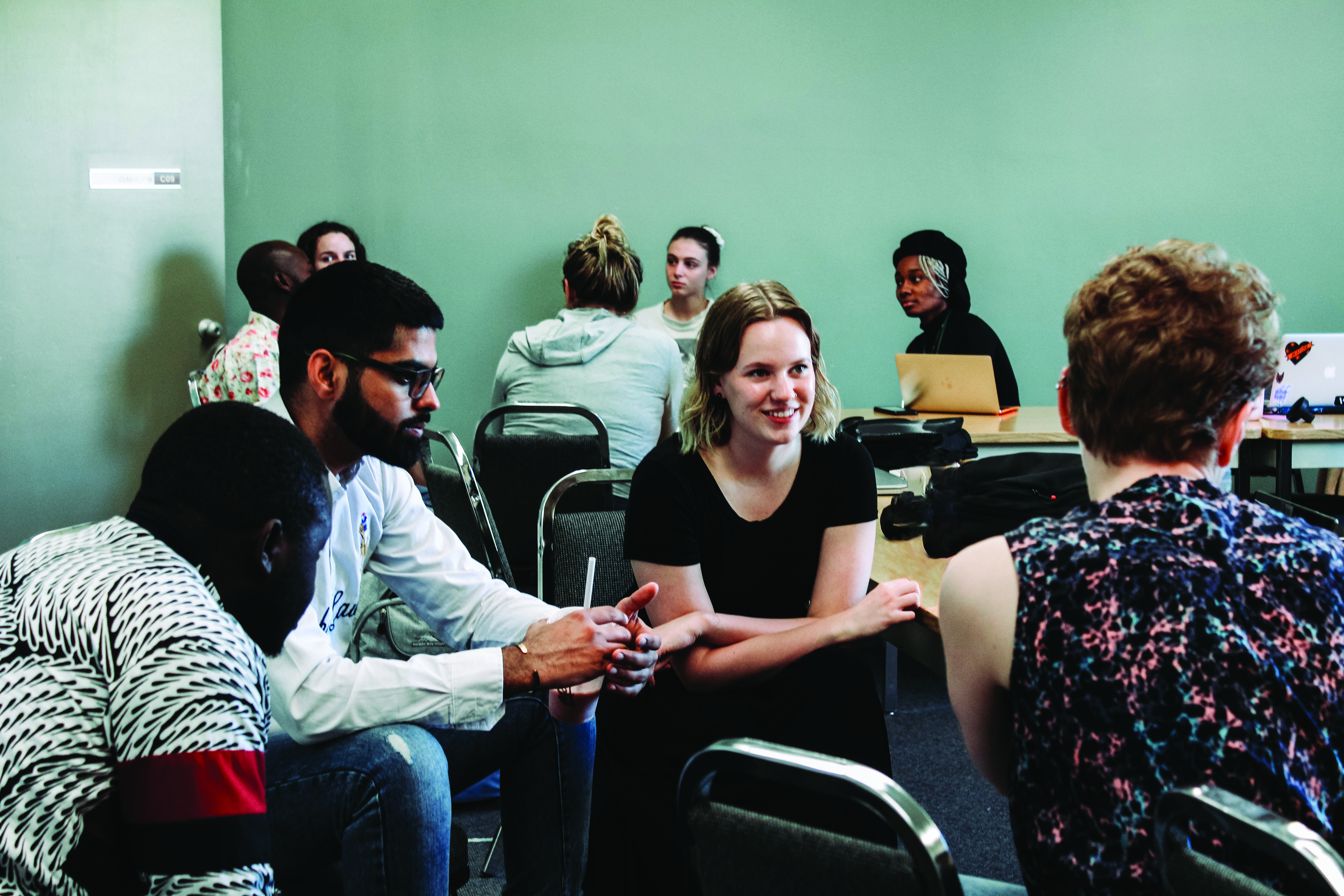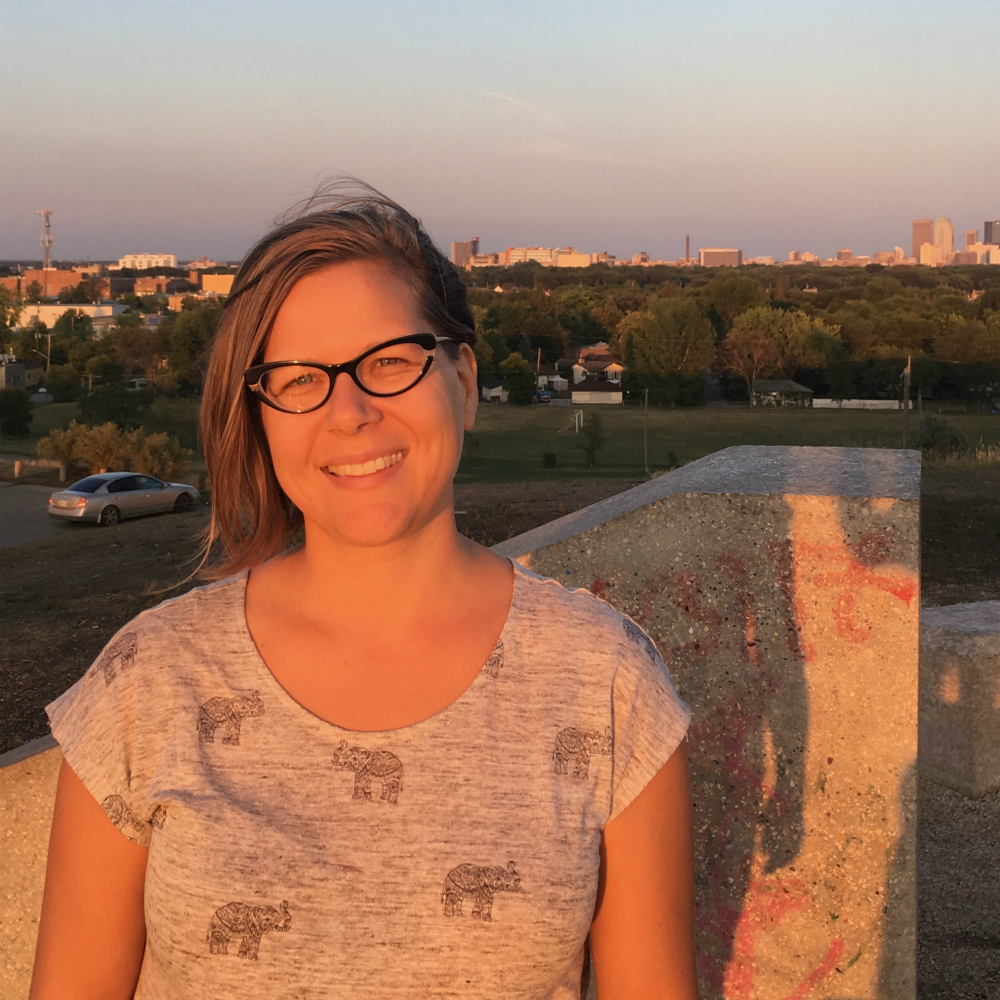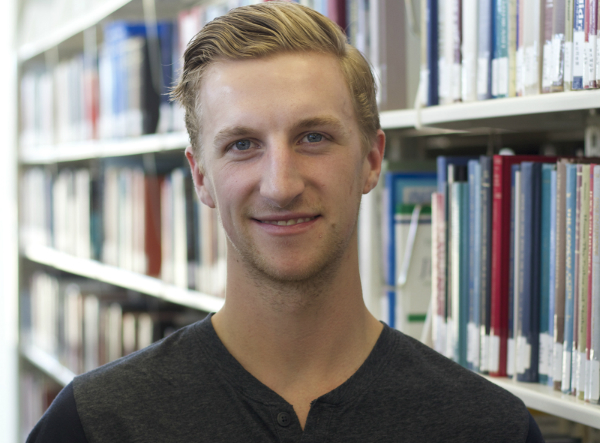Master of Arts in Spiritual Care (MA-SC)
This Master of Arts in Spiritual Care prepares students for chaplaincy work and spiritual care in religious communities. Across Canada, chaplains serve in hospitals, universities, Christian high schools, long-term care, correctional, rehabilitation and military facilities, and to a lesser degree in corporate, private, and NGO organizations. The MA in Spiritual Care is in alignment with the Canadian Association of Spiritual Care's (CASC) academic requirements for certification as a spiritual care practitioner.
Admission Requirements
A baccalaureate degree from a recognized university or college with a minimum GPA of 3.0 ('B'). For full admission requirements, see the Admissions Requirements and Deadlines page.
Residency Requirement
36 credit hours must be CMU courses
Curriculum Requirements
A minimum of 48 credit hours in the following areas
- Sacred Texts – 6 credit hours (including 3 credit hours of Old Testament and 3 credit hours of New Testament)
- Historical Studies of Faith Community/Tradition – 3 credit hours
- Teaching and Tenets of Faith – 3 credit hours
- Studies in Ethics – 6 credit hours
- Spiritual Care Practice and Competencies – 21 credit hours including
- BTS-5950 Supervised Psychospiritual Education CPE Unit 1 – 6 credit hours
- BTS-5951 Supervised Psychospiritual Education CPE Unit 2 – 6 credit hours
- BTS-5330 Foundations for Christian Ministry – 3 credit hours
- BTS-5360 Pastoral Care – 3 credit hours
- PSYC-XXXX Counselling – 3 credit hours
- Professional Ethics – 3 credit hours
- Electives – as required to reach a total of 48 credit hours
Area/Thematic Requirement: 3 credit hours in Indigneous Studies
Notes
- For courses presented for graduation, students must achieve a minimum grade point average of 3.0, with no course below a 'C+'. This includes any additional courses required as a condition of admission.
- A maximum of 3 credit hours can be earned from one credit hour modular courses.
- The MA in Spiritual Care is in alignment with the Canadian Association of Spiritual Care's (CASC) academic requirements for certification as a spiritual care practitioner and includes the first two basic units of Supervised Psycho-spiritual Education (SPE).




 Print This Page
Print This Page
